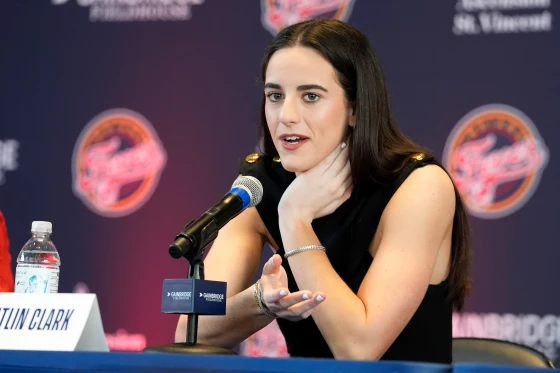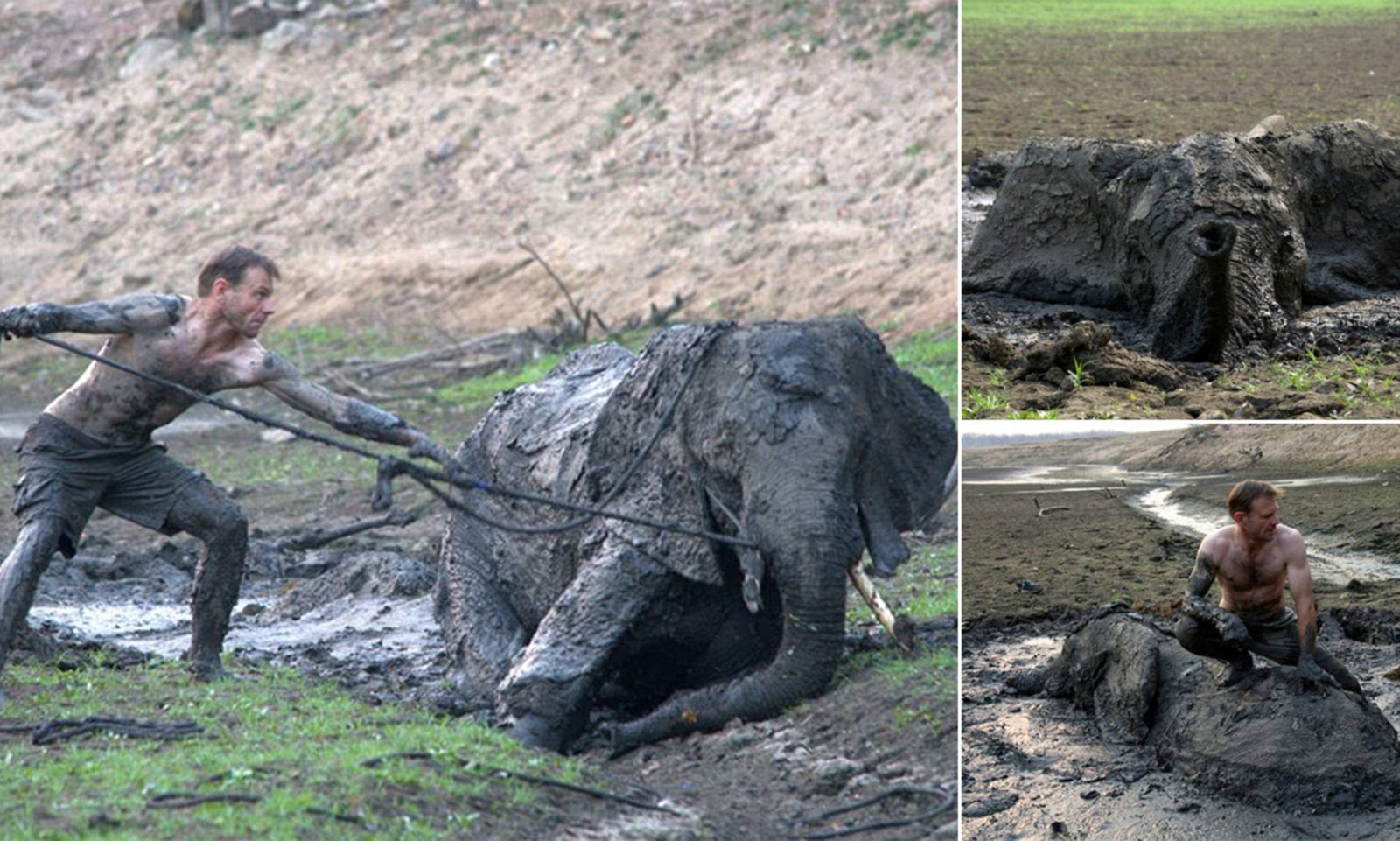In a heated clash during the Indiana Fever’s 88-71 victory over the Connecticut Sun on June 17, 2025, tensions boiled over, spotlighting ongoing concerns about WNBA officiating. Fever guard Sophie Cunningham, now dubbed Caitlin Clark’s “enforcer,” made headlines not only for her actions on the court but also for her fiery post-game comments criticizing referees for failing to protect the league’s biggest star, Caitlin Clark.
The incident unfolded in the third quarter when Clark, the 2024 No. 1 draft pick and WNBA Rookie of the Year, was poked in the eye by Sun guard Jacy Sheldon during a physical play. Clark, visibly frustrated, pushed back, sparking a shoving match. Sun center Tina Charles stepped in, but it was Sun guard Marina Mabrey who escalated the situation, body-checking Clark to the floor. Referees issued technical fouls to Clark, Charles, and Mabrey, while Sheldon’s foul was upgraded to a flagrant 1. Many, including Fever fans and analysts, felt Mabrey’s actions warranted an ejection, a sentiment later validated when the WNBA upgraded her foul to a flagrant 2 the following day, which would have resulted in an ejection if called in-game.

The drama didn’t end there. In the final minute, with the Fever comfortably ahead, Cunningham retaliated by grabbing Sheldon around the neck and throwing her to the ground during a layup attempt, igniting a melee. Cunningham, Sheldon, and Sun guard Lindsay Allen were ejected, with Cunningham’s foul classified as a flagrant 2. The Fever guard was later fined $400 by the WNBA, but she stood unapologetic, stating, “It was a buildup for a couple of years now of them just not protecting the star player of the WNBA. And so at the end of the day, I’m going to protect my teammates. That’s what I do.”

Fever coach Stephanie White echoed Cunningham’s frustrations, slamming the officials for losing control of the game. “Everybody’s getting better, except the officials,” White said, pointing to a pattern of missed calls and unchecked physicality that she believes endangers players. “When you allow them to play physical and you allow these things to happen, they’re gonna compete, and they’re gonna have their teammates’ backs.”

Cunningham’s actions and outspokenness have polarized fans. Supporters flooded social media, praising her as a “hero” for defending Clark, with one X user declaring, “Sophie Cunningham is the hero the WNBA needs.” Her TikTok following surged from under 400,000 to 1.3 million, and her Instagram gained over 350,000 new followers, with jersey sales skyrocketing. Some even estimate her social media value has soared to $1 million. However, detractors launched a petition to have Cunningham removed from the WNBA, citing “unsportsmanlike conduct” and claiming her actions “tarnished the reputation of the league.”

The controversy underscores a broader issue in the WNBA: officiating struggles to keep pace with the league’s growing physicality and star power. Clark, a crossover celebrity whose presence has driven unprecedented viewership, has faced aggressive defense since her debut, with incidents involving players like Chennedy Carter and Alyssa Thomas drawing scrutiny. Fever fans and analysts argue that referees’ failure to call fouls consistently puts Clark at risk, a concern amplified by injuries across the league, such as A’ja Wilson’s recent concussion.
Cunningham, a 6-foot-1 Missouri native with a Taekwondo black belt earned at age six, has embraced her role as Clark’s protector. Her competitive edge, honed during her five seasons with the Phoenix Mercury before joining the Fever in January 2025, resonates with fans who see her as a necessary counterbalance to the league’s physicality. Yet, Sun coach Rachid Meziane dismissed Cunningham’s foul as unnecessary, given the Fever’s lead, highlighting the divide in how the incident is perceived.
As the Fever prepare for upcoming games, Cunningham’s message to the WNBA is clear: if the referees won’t protect Clark, she will. Her viral moment, coupled with her unapologetic stance, has cemented her as a fan favorite and sparked a broader conversation about player safety and officiating in the WNBA. Whether this leads to meaningful changes remains to be seen, but one thing is certain—Sophie Cunningham isn’t backing down.






